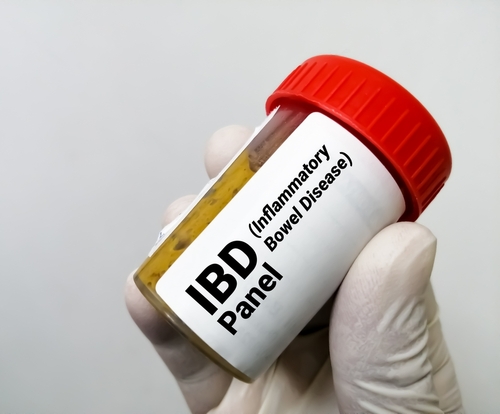
The human monoclonal antibody, dupilumab, inhibits the signaling of interleukin (IL)-4 and IL-13 to treat patients with asthma and other type-2 inflammatory diseases. However, according to a study by lead author Mohamed Sayed Zaazouee, reports are conflicting on the safety and efficacy of dupilumab. Thus, the study’s authors performed a meta-analysis of dupilumab in patients with moderate-to-severe asthma and concluded that dupilumab was effective in this population and had minimal adverse events. Their evidence was presented in Frontiers in Pharmacology.
After a systemic literature review, the researchers included 13 trials published to the PubMed, Embase, Scopus, Web of Science, Cochrane Library, and ClinicalTrials.gov databases by January 2022. Comparisons between dupilumab and placebo at 12 and 24 weeks were retrieved and pooled for analyses using review manager 5.4.
Dupilumab Appears Safe and Effective in Moderate-to-Severe Asthma
Reportedly, dupilumab significantly improved forced expiratory volume in 1 second, asthma control questionnaire scores, fraction of exhaled nitric oxide levels, and immunoglobulin E levels at both week 12 and week 24 (P<.05). In one study, dupilumab was associated with an increase in blood eosinophils at both time points, which the authors suggested may be due to a reduced dose of glucocorticoids in the dupilumab group compared with the placebo group.
According to the authors, dupilumab had a significantly higher incidence of upper respiratory tract infection, injection-site reaction, and eosinophilia compared with placebo, but was comparable for all other adverse events. Researchers found these effects were independent of dosage as there were no significant differences between subgroups.
The report acknowledged that heterogeneity of some outcomes across the included studies was the primary limitation of the analysis, which could have derived from some of the included studies enrolling asthmatic patients with other type-2 inflammatory diseases. The researchers also noted they were unable to conduct an age-dependent analysis of dupilumab.
Overall, the authors supported the use of dupilumab, summarizing that, “dupilumab improves pulmonary function and reduces local and systemic inflammatory markers with minimal adverse events in patients with moderate to severe asthma.”
Browse More Asthma and Pulmonology Research on DocWire News







 © 2025 Mashup Media, LLC, a Formedics Property. All Rights Reserved.
© 2025 Mashup Media, LLC, a Formedics Property. All Rights Reserved.